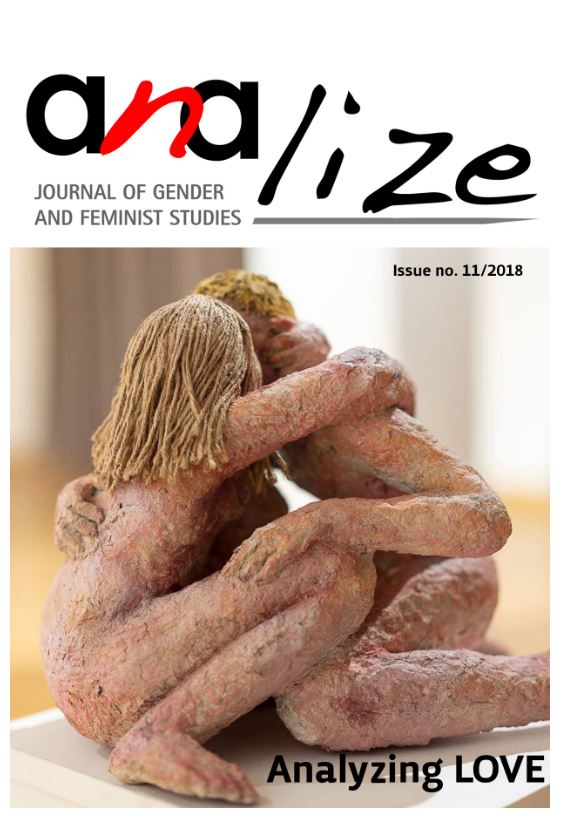Falling in Love and Breaking Up: Attribution Bias and the Perception of Responsibility
Falling in Love and Breaking Up: Attribution Bias and the Perception of Responsibility
Author(s): Michelle CiurriaSubject(s): Social Sciences, Gender Studies, Social Philosophy, Politics and society, Culture and social structure
Published by: Societatea de Analize Feministe AnA
Keywords: responsibility; romantic love; control; narrative identity; attribution theory; agency enhancement theory;
Summary/Abstract: I argue that our tendency to self-attribute or ‘take responsibility for’ positive rather than negative events explains why we tend to experience romantic love as responsibility-preserving and painful break-ups (in many cases) as responsibility-undermining. This seems to be the case even though both experiences share similar phenomenological qualities, particularly lack of control and loss of psychological continuity. I contend that our asymmetrical perceptions of responsibility in positive versus negative cases can be explained as an effect of a properly functioning attribution self-representation system, which generates differential attributions in the two cases. I suggest that the subjective perception of responsibility – supported by our attribution biases – might be relevant to theorizing about how we attribute responsibility to people. This implies that we should withhold blame from people with a pessimistic attribution style, and withhold praise from people with a narcissistic attribution style, as a way of bringing them closer to the average range. This is because the average degree of optimistic bias has adaptive value: it makes us happier and more functional. So, the subjective perception of responsibility and the objective reality of responsibility are intimately related. Finally, I show that gender influences self-attribution style, which has implications for how we should hold men and women responsible.
Journal: AnALize: Revista de studii feministe
- Issue Year: 2018
- Issue No: 11 (25)
- Page Range: 150-167
- Page Count: 18
- Language: English

